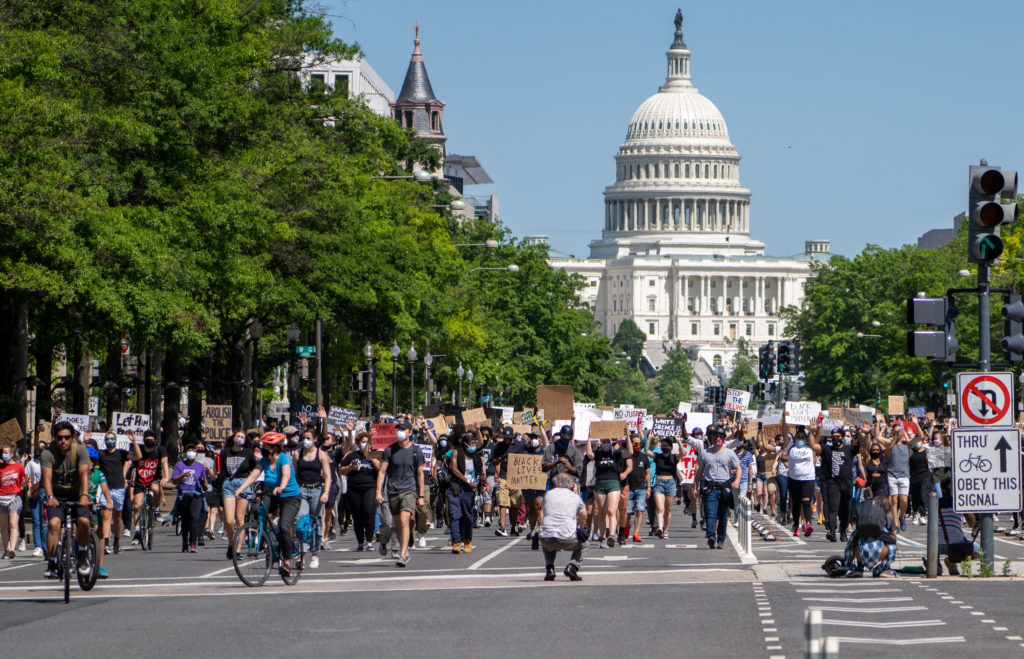Photo source: Victoria Pickering on Flickr, under Creative Commons license
397 words
Shortfalls in housing contribute to community despair.
We hope that the last week marks an inflection point. The killing of George Floyd by police in Minneapolis has sparked protests in communities across the country and here in Virginia—just as the country is still in the grips of a pandemic, reeling from the loss of 40 million jobs and the prospect of a deep economic recession.
The same thread runs through all of this. African Americans have been disproportionately affected by the novel coronavirus. Job losses have been centered on low wage earners in this community, and the death of George Floyd once again demonstrates that the very lives of black Americans are being taken by those with a duty to protect them. We in the affordable housing community often celebrate our successes, but the last week is a salient reminder of our failures as well.
The last time the US saw civil unrest this widespread, was in the late 1960’s. The Kerner Commission report at the time cited the impacts of racism and poverty as the main drivers of the anger and despair that fueled those protests. That report methodically described the inequities faced by black Americans, including poor housing conditions and systemic housing discrimination.
It offered a broad range of strategies to address them. Fifty years later, the Brookings Institute looked back at that report to see what had been accomplished in the years since. It found that African Americans still face the same issues and, in some cases, they have become worse.
Housing in many of our communities has become more segregated in the last 50 years, not less. The homeownership rate for African Americans sits right where it was in 1968 and is now 30 points below white Americans. As urban areas become more attractive, long term African American residents are being displaced from their neighborhoods. Many of our public housing communities are crumbling. Housing discrimination is still commonplace.
We desperately need a new vision for our housing policies to address centuries of racism—and we need a massive increase in resources. If that doesn’t come from Washington, it’s up to all of us in our own communities to finally bring change. Please send us your thoughts. We’ll provide a clearinghouse so that we can hear each other’s voices at this urgent moment. We hope that the last week marks an inflection point—it is up to us to decide if it will.
